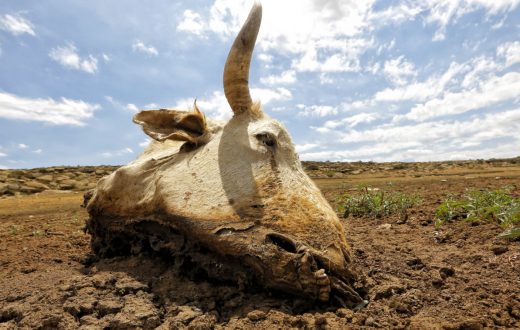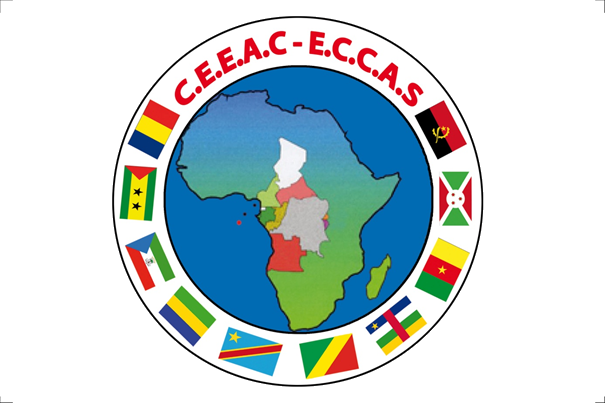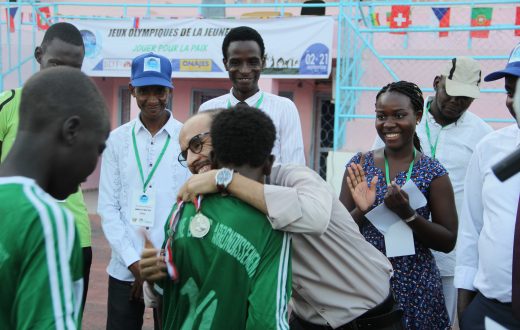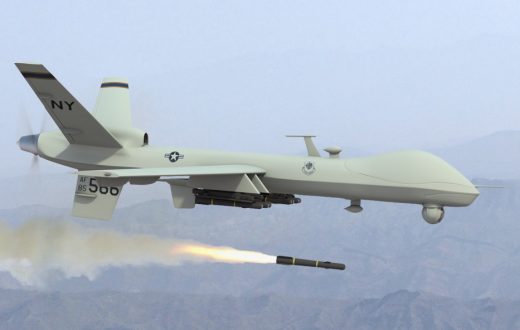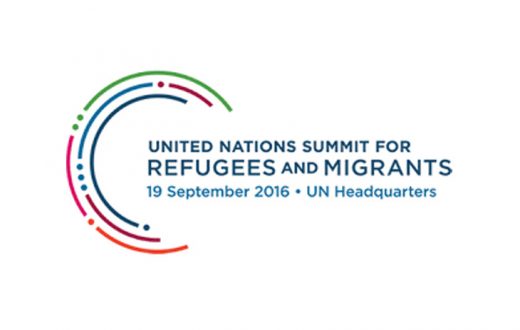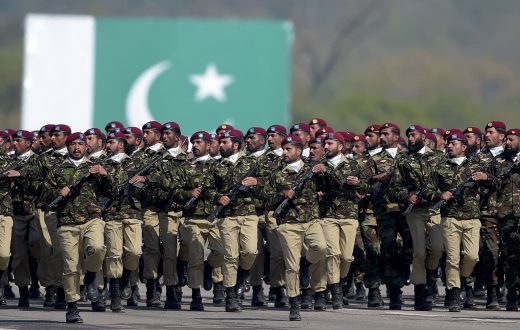April 13th Sudan General elections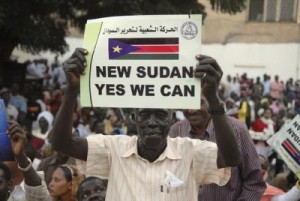
Sudan’s presidential and parliamentary elections were Sudan’s first elections since the secession of South Sudan in 2011. President Omar Hassan al-Bashir, the country’s longtime leader, was re-elected winning 94% of the votes. Being leader of the National Congress Party (NCP), Bashir has been trying to survive once again in government. In such a situation, the top priority of the NCP has been to demonstrate that it is capable of conducting countrywide elections without any major disruption. It also needed to give the impression that it still has secured bases of popular support beyond the loyal military-security apparatus that has kept it in power for so long.
Why is this party so much striving for survivor? The answer rather lies on the leader, an less on the party itself. Al-Bashir seized power in a coup d’état in 1989 and has been indicted by the International Criminal Court (ICC) on charges of war crimes, crimes against humanity and genocide. In spite of this, the investigation was suspended in December 2014. Now, by obtaining another five years in office, he will have an entire state structure to help protect him from the ICC–including money, bodyguards, a military and a foreign service with international lawyers.
This victory could not have been possible without the NCP ensuring somehow the invisibility of the opposition parties running in the elections. The NCP had restricted the political space for opposition parties using a familiar arsenal of arbitrary measures,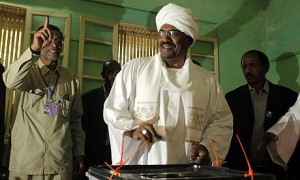 including intimidation and harassment. It also tightened its control over an apprehensive civil society, and curtailed the activities of the media. The most vocal opposition parties subsequently pulled out of the elections in advance. They claimed that the rules were written in a way that would ensure an NCP win the elections. This seems a very common game played amongst newly created countries or immature democracies, very much present in the African continent.
including intimidation and harassment. It also tightened its control over an apprehensive civil society, and curtailed the activities of the media. The most vocal opposition parties subsequently pulled out of the elections in advance. They claimed that the rules were written in a way that would ensure an NCP win the elections. This seems a very common game played amongst newly created countries or immature democracies, very much present in the African continent.
Nevertheless, in the case of Sudan, the elections procedures can be looked from a different point of view: in reality the opposition parties in Sudan have already got no chances to achieve a dominant position within the electoral public. In fact, the opposition parties lack strong structures, cohesion and far-sighted leadership, along with a clear strategy on how to mount a serious political and electoral challenge to the NCP. Thus, it should be also noted that even the mainstream opposition parties do not provide the public with a reasonable alternative than the already familiar and experienced ruling party. The apparent technique chosen by these parties has been to boycott every electoral process. This year, the boycott was quite ineffective; the voters were left to choose between the NCP and a multitude of newer, smaller and lesser-known opposition parties, which were unable to campaign effectively because of overwhelming logistical and financial difficulties.
Going even further within the analysis of the political scenario in Sudan, some local sources have even pointed to a possible electoral set of the NCP. It is believed that the big party has created these other smaller parties in purpose, in order to form a proper environment of party competition in Sudan. Why not pretend to have political contest when the victory is assured? At least it appears legitimate in the world’s eyes.
In any case, Western countries have tried to apply pressure on the NCP for it to conduct more inclusive elections. The European Union declined to fund or monitor the 2015 elections, and openly condemned the deterioration of Sudan’s already divided and unstable political landscape ahead of the poll. However, occasional diplomatic warnings and non-funding haven’t been enough measures to change the electoral process. Indeed, Sudan successfully lobbied the African Union, the Arab League and the Intergovernmental Authority on Development to send observer teams. And on the bottom line, Western countries also seem to be comfortable with al-Bashir staying in power, given that the opposition offers no viable alternative.


